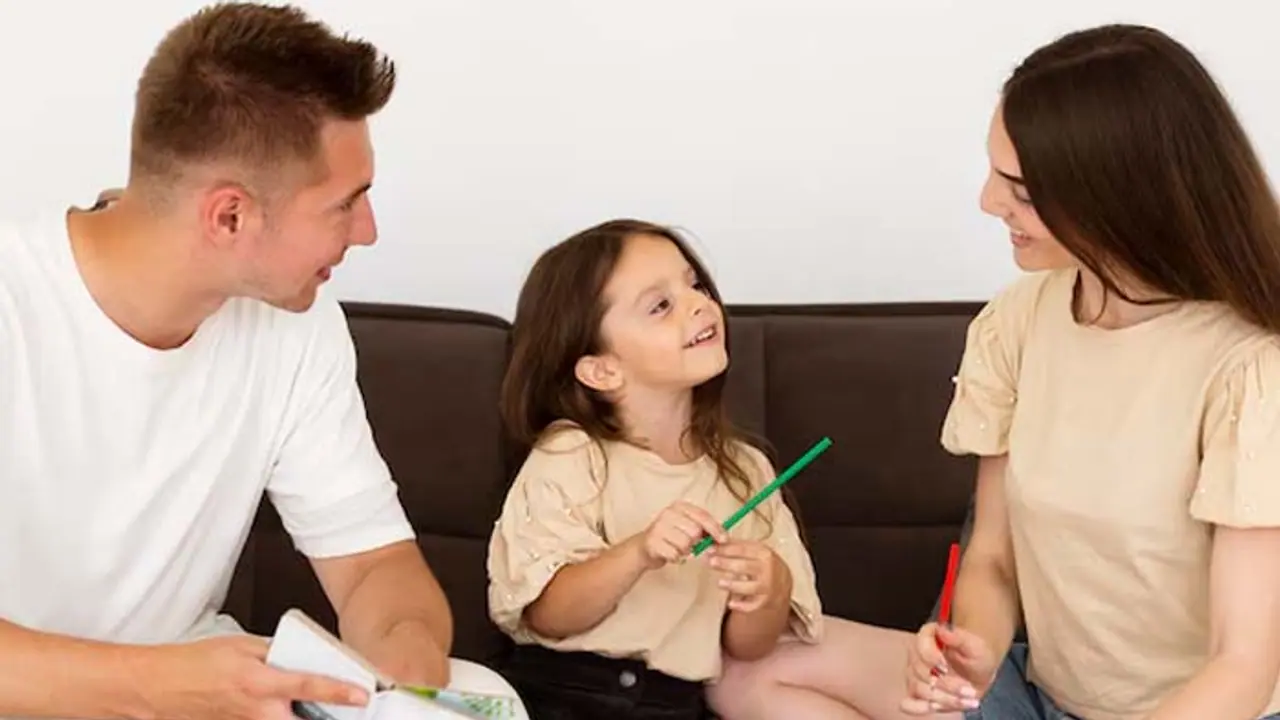Effective parenting is about balancing authority and friendship—guiding children while fostering trust to nurture their growth and confidence.
Parenting is the art of achieving a good balance between telling them and trusting them. The children need a strong parental presence in order to be able to tell them off and advise them, yet simultaneously they also want intimacy and friendliness. Achieving that ideal mixture leads to a healthy relationship performing miracles in their upbringing.

When to be a parent? When to be a friend?
1. Understanding the Parent-Friend Balance
Parents have difficulty with knowing when to be a disciplinarian and when to be a friend. A parent provides boundaries, discipline, and moral guidance, while a friend provides emotional support and sympathy. Having the balance right depends on sensitivity to the child's age, personality, and needs.
2. When to Be a Parent: Setting Limits and Imparting Responsibility
Parenting encompasses discipline, values education, and safety assurance. To most critical instances when children should be directed by parents are:
At Decision-Making Time: Guiding school responsibility, behavior, and life ambition.
In the Event of Conflict: Chastising mistakes and upholding discipline while being understanding.
Safety Assurance: Protecting children from unwanted influences and offending pursuits.
3. When to Be a Friend: Building Trust and Emotional Bonding
An open and loving relationship makes children feel special. Parents become a familiar friend by:
Practicing Open Communication: Allowing children to ventilate feelings without fear.
Being a Safe Haven: Creating a haven where they feel safe approaching for guidance.
Supporting Interests: Engaging in similar hobbies and self-development programs.
4. Parenting Styles: Taking the Right Approach
There are various parenting styles, which influence the development of children in various ways:
Authoritative Parenting: Even balance, structure, and warmth combined.
Authoritarian Parenting: Strict rule-making with little flexibility.
Permissive Parenting: Permissive with little discipline.
Uninvolved Parenting: Little involvement in a child's life.
The authoritative approach—enforcing rules while establishing connection—is the healthiest.
5. Coping with Age and Stages of Development
The parent-friend relationship evolves as children age:
Young Childhood: More parental control, firm rule-making.
Teen Years: Developing independence while offering emotional support.
Adulthood: Becoming a trusted friend and mentor, not the boss.
Meeting the needs of being a friend and a parent creates secure relationships and responsible, confident kids. Parents can create life-long positive relationships for both generations by being trusting, structured, and warm.


